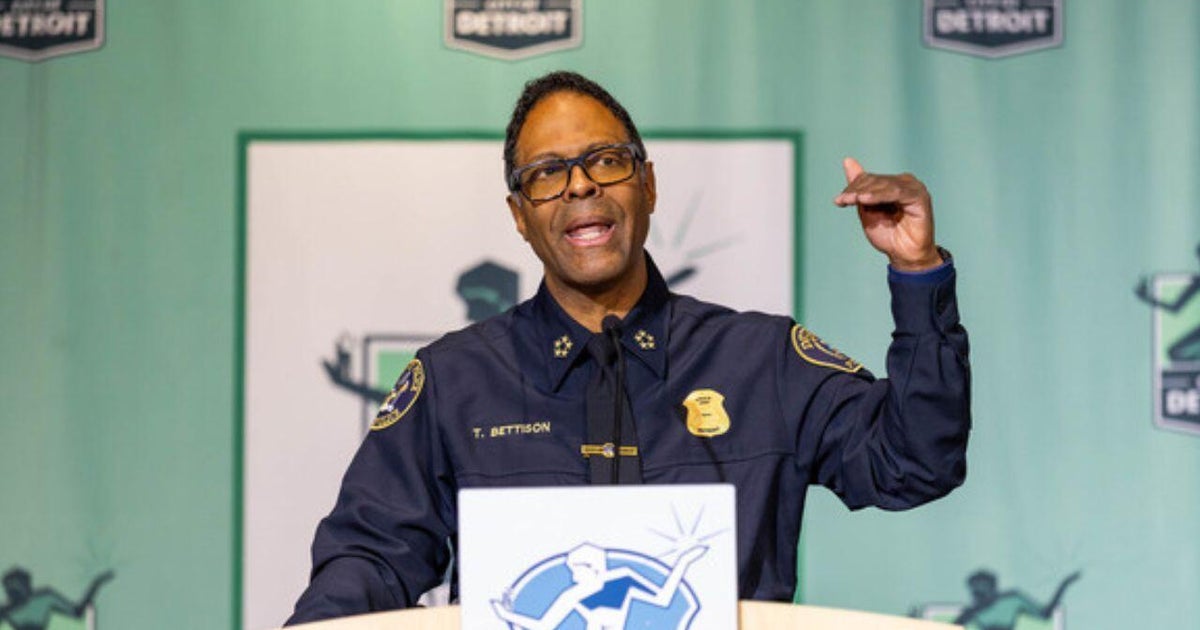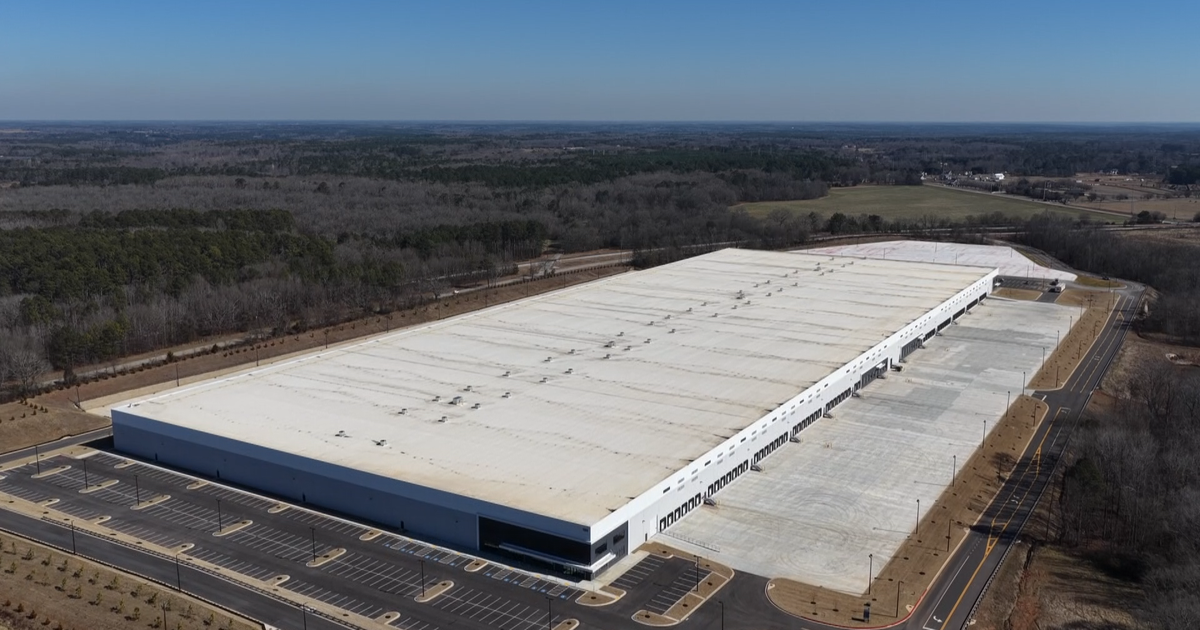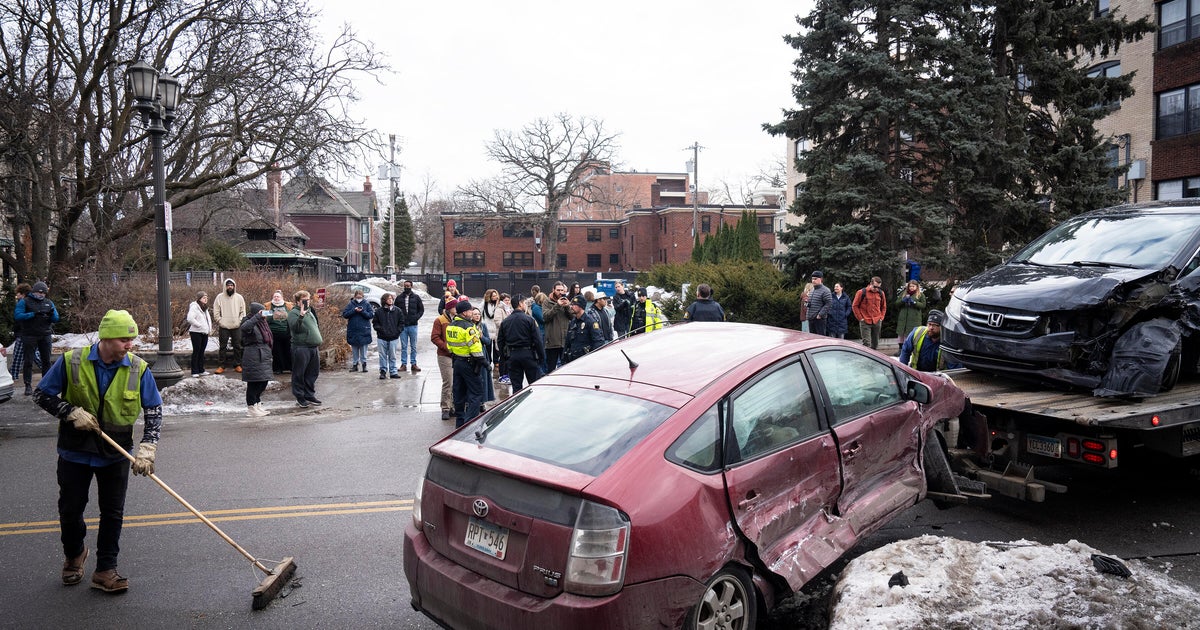More customs officers needed to stop flow of drugs through border crossings, report finds
The amount of fentanyl U.S. customs officials seized illegally entering the United States has more than doubled since 2016 to 1,370 pounds, with the vast majority coming in through points of entry on the southern U.S. border. Staffing shortages of up to at least 4,000 officers at the crossings may restrict efforts to screen for it, an investigation released today by the office of U.S. Senator Claire McCaskill, D-Missouri, claims.
Fentanyl, a painkiller typically used for anesthesia or pain from cancer treatment is 50 to 100 times more potent than morphine. The CDC estimates more than 19,000 Americans died from overdoses involving fentanyl and fentanyl-like drugs in 2016, a 100 percent increase from 2015.
With the Drug Enforcement Administration estimating the lethal dose of fentanyl to be around 2 milligrams, the 1,370 pounds of fentanyl customs officials seized last year would be nearly enough to kill 300 million Americans.
McCaskill's report claims 85 percent, or 1,190 pounds, of fentanyl was seized at points of entry last year via cars, trucks, or by foot through checkpoints and international mail-- but not across the open border. By contrast, U.S. Border Patrol agents seized just 181 pounds of fentanyl in the areas between the southern points of entry.
The San Diego and Tucson area crossings saw almost 60 percent of all opioid seizures. These checkpoints rely on temporary personnel brought in from other regions to deal with high volumes of traffic. According to a letter sent by CBP Commissioner Kevin McAleenan to McCaskill, CBP had to bring 80 to 200 temporary duty officers to these ports of entry each quarter between 2016 and 2017.
Fentanyl also comes through the U.S. mail with 350 smaller packages of the drug seized at international mail facilities in 2016-2017. CBP says in response they have increased staffing at international mail facilities by 20 percent in the last six months.
McCaskill's investigation found a recent surge in the volume of opioid seizures -- fentanyl in particular -- has forced CBP to devote more resources to stopping the drugs from getting through ports of entry,w hich McCaskill claims puts a strain on its resources.
While the Arizona and southern California border crossings have the greatest need for more officers, other regions have also raised concerns.
In April, Sens. Marco Rubio, R-Florida, and Bill Nelson, D-Florida, along with the rest of Florida's congressional delegation wrote to the House and Senate committees on Homeland Security and Appropriations requesting funding for 500 additional officers for Florida's sea and airports.
"While the volume of commerce crossing our borders has more than tripled in the past 25 years, CBP staffing has not," the lawmakers wrote. "As Congress looks at comprehensive approaches to combat the opioid epidemic in our country, it is critical that that we provide CBP with the resources it needs to stop the flow of illicit narcotics."



